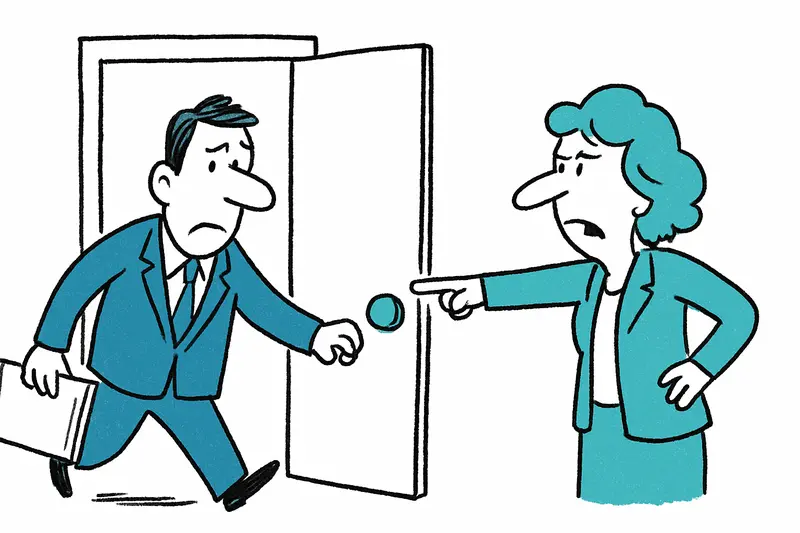Carlos Mazón has announced his resignation — a year after the devastating flood that killed 229 people. No new elections; the government remains in office for now.
One year later: Mazón takes responsibility
This morning, shortly after 10 a.m., Carlos Mazón announced his resignation as president of the Valencia region. It is exactly 370 days since the floods devastated large parts of the region and 229 people lost their lives. The news came as a surprise to some, while for others it was only a matter of time.
Self-criticism instead of defiance
In his statement Mazón openly spoke of mistakes: 'I made wrong decisions', he said. On the small podium in front of the government building near the Plaza del Ayuntamiento his voice sounded tired. He also mentioned the strain on his family and the constant accusations that have grown louder since the disaster.
His words sounded less like political reckoning and more like personal exhaustion: he had hoped to bring clarity from within and to help with reconstruction. But apparently that was no longer enough — neither for him nor for the trust of many affected people.
No immediate new elections
Importantly: there will be no immediate new elections. Mazón said the government intends to continue the legislature with the support of the party Vox until the parliament elects a new president. That is a narrow path: people in the flooded towns expect visible results — and they expect them now, not in a few months' time.
On the streets of Valencia and in the small villages along the Júcar I heard this morning how neighbors discussed at the market: 'We need bridges, dikes, real help.' Some complained that too much bureaucracy had so far delayed aid. Others pointed to volunteer initiatives that made a difference in recent months.
The construction sites remain
The real test starts now. Who will take responsibility for the reconstruction? Which priorities will the parliamentary factions set? Mazón has suggested that a new president be elected to continue the reconstruction. Whether there is enough trust for that — politics will decide, but so will the people on the coast and inland.
For many survivors and those left behind the question remains how clarification and compensation are progressing. One year after the catastrophe there are still emergency shelters, repairs are proceeding slowly, and in some places the smell of wet wood still recalls the night everything collapsed.
The coming days will show whether the political debate will focus more on concrete measures — or get stuck again in legal disputes. I will remain on site, at the market, on the riverbanks, in front of the temporary roadblocks — and report if anything changes.
Similar News
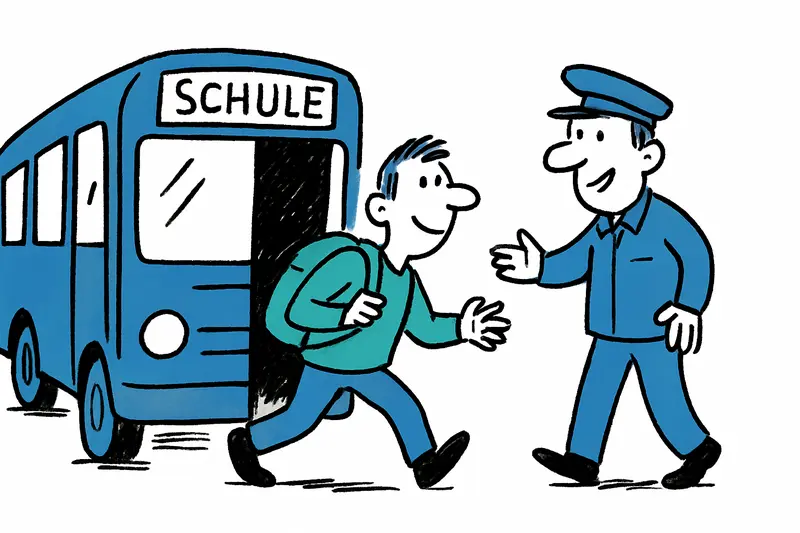
Free School Bus for Vocational Students: Greater Mobility from School Year 2026/27
The Balearic government announces that vocational students from the 2026/27 school year can travel to school free of cha...
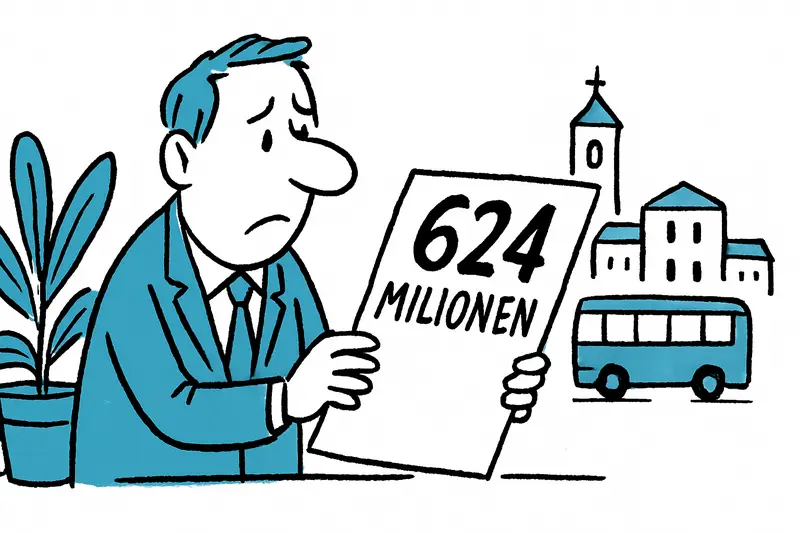
Palma plans €624 million for city redevelopment – Plaça Major, e-buses and housing top the list
The city of Palma has presented a draft budget of around €624 million. A lot of money will go into squares, transport an...
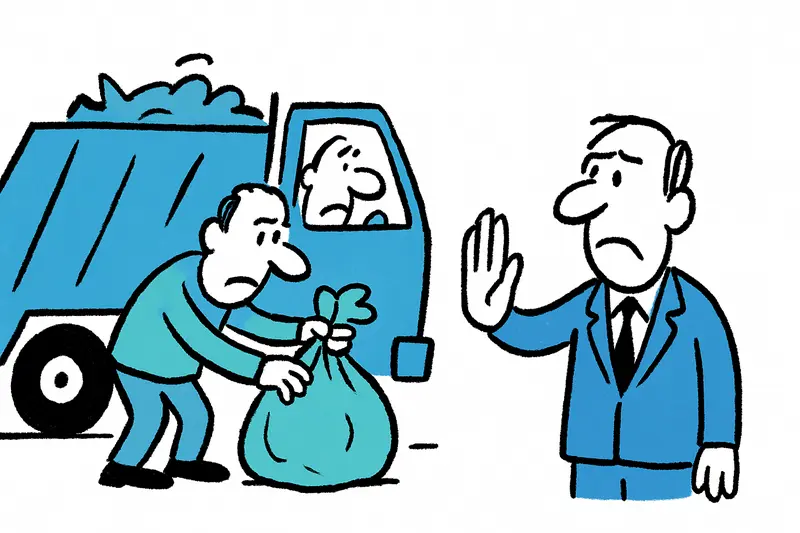
Temporary halt: Waste transfers from Ibiza and Formentera to Mallorca postponed
A planned trial to move waste from Ibiza and Formentera to Mallorca has failed — for now. Votes in the regional parliame...
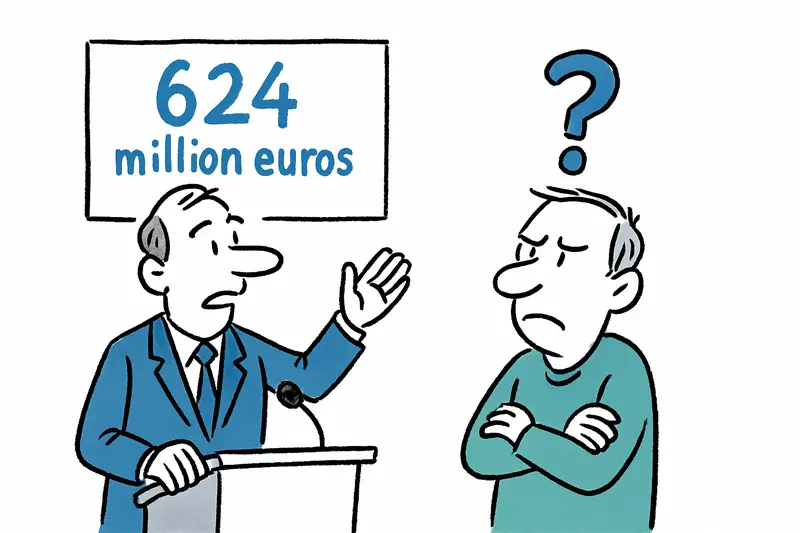
Palma announces large investment budget – around 624 million euros
The city of Palma plans to invest heavily next year: streets, public spaces, public transport and housing are on the lis...
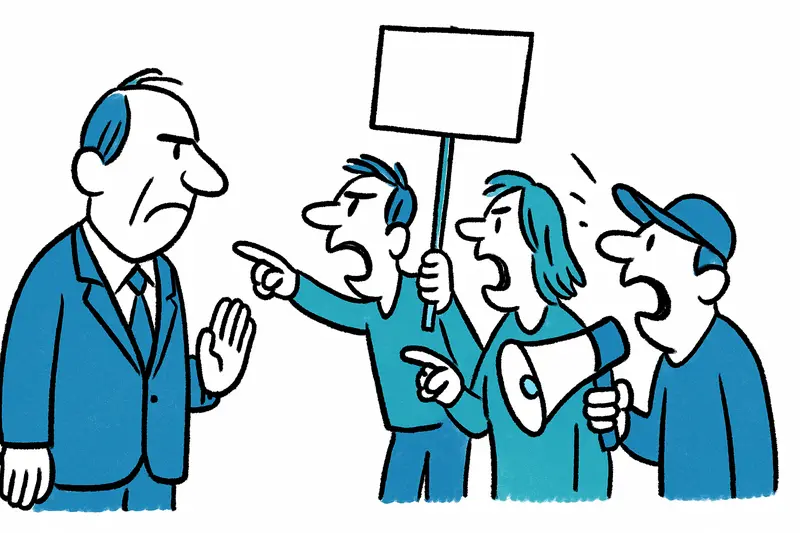
New Metro Line M2: Subway Connection to Son Espases Hospital Planned
The city plans its own Metro Line M2 from the intermodal station at Plaça Espanya to Son Espases Hospital. Approval is s...
More to explore
Discover more interesting content

Experience Mallorca's Best Beaches and Coves with SUP and Snorkeling

Spanish Cooking Workshop in Mallorca

